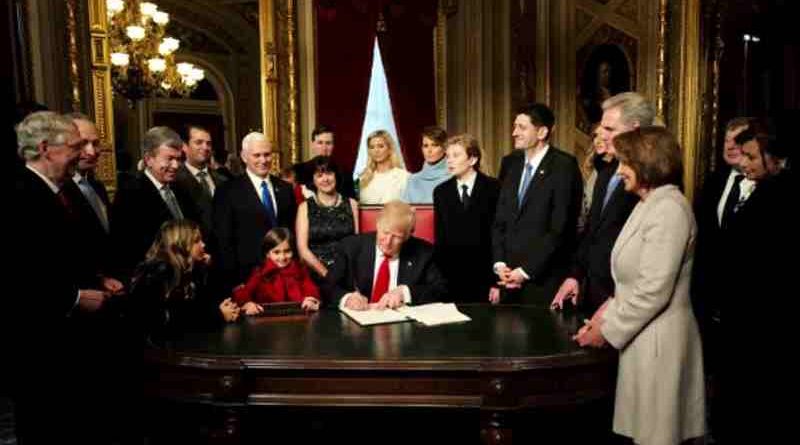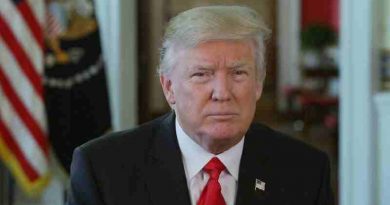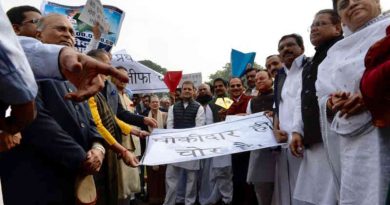After Trump Impeachment, New Law May Increase Corruption in Ukraine

The National Anti-Corruption Bureau (NABU) of Ukraine and Specialized Anti-Corruption Prosecutor’s Office (SAPO) have urged the President to veto a law regarding the abolition of parliamentary immunity in corruption cases of lawmakers.
SAPO is an independent structural unit of the General Prosecutor of Ukraine. It is primarily responsible for supporting and overseeing criminal investigations launched by NABU.
As Ukraine is one of the most corrupt countries in the world, the U.S. President Donald Trump also tried to influence Ukraine to get a bogus investigation launched into his political opponent and Democratic presidential candidate Joe Biden. As Trump was caught, he has been impeached. The case will now go to the U.S. Senate for trial to decide if Trump needs to be removed from office.
According to NABU, the Draft Law No. 2237 regarding abolition of the parliamentary immunity will reduce the effectiveness of the investigation of crimes committed with the participation of existing Members of Parliament (MPs).
The Verkhovna Rada – which is the unicameral parliament of Ukraine – passed the Draft Law on December 18, 2019. Some of adopted norms may lead to procedural problems at the beginning of the investigation and allow MPs to avoid responsibility.
The National Bureau (which investigates cases as of MPs in accordance with the competence) and the SAPO Prosecutors (who supervise all of the NABU’s criminal proceedings) are deeply concerned about this Draft Law.
Therefore, according to the Draft Law No. 2237, the Prosecutor General will be the only person in Ukraine who will be able to enter information on the commission of a criminal offense by the MP into the Unified Register of Pre-trial Investigations. This means that only the Prosecutor General could initiate the criminal proceeding as of MP.
This norm, according to NABU, threatens the independence of the NABU Detectives and the SAPO Prosecutors in their activities, because in that case before starting an investigation, they should convince the Prosecutor General to submit information into Unified Register.
In addition, No. 2237 does not determine how investigators should pass information to the Prosecutor General to start an investigation. This Draft Law partially excludes the collection of evidence during criminal proceedings.
For example, if within the framework of one investigation the NABU Detectives reveal another crime, to which the Member of Parliament could be allegedly involved. Prior to the entry into force of Draft Law No. 2237, it is sufficient for the investigator to separate the indicated episode and investigate as a separate proceeding.
If the No. 2237 become the Law, the NABU Detectives will have to convince the Prosecutor General to start an investigation, but after it begins, all the evidence gathered in another case will be recognized as unacceptable.
These are just some of the threats that Draft Law No. 2237 contains. In addition, many more procedural aspects could block the work of the NABU Detectives and the SAPO Prosecutors in cleansing government of corruption. The NABU and the SAPO say they are ready to join the process of finalizing the Draft Law and provide recommendations.





